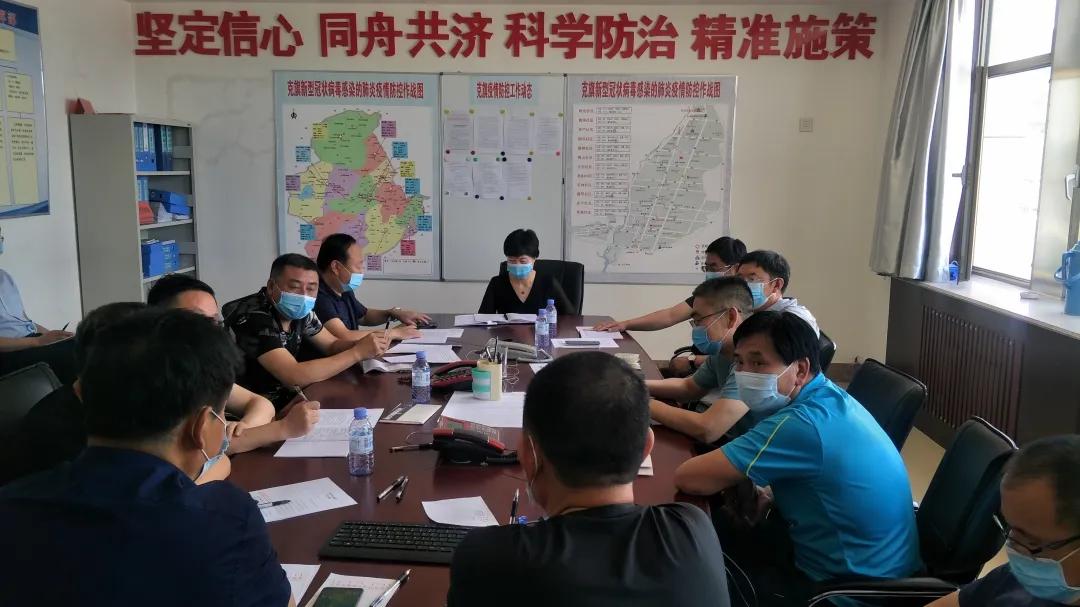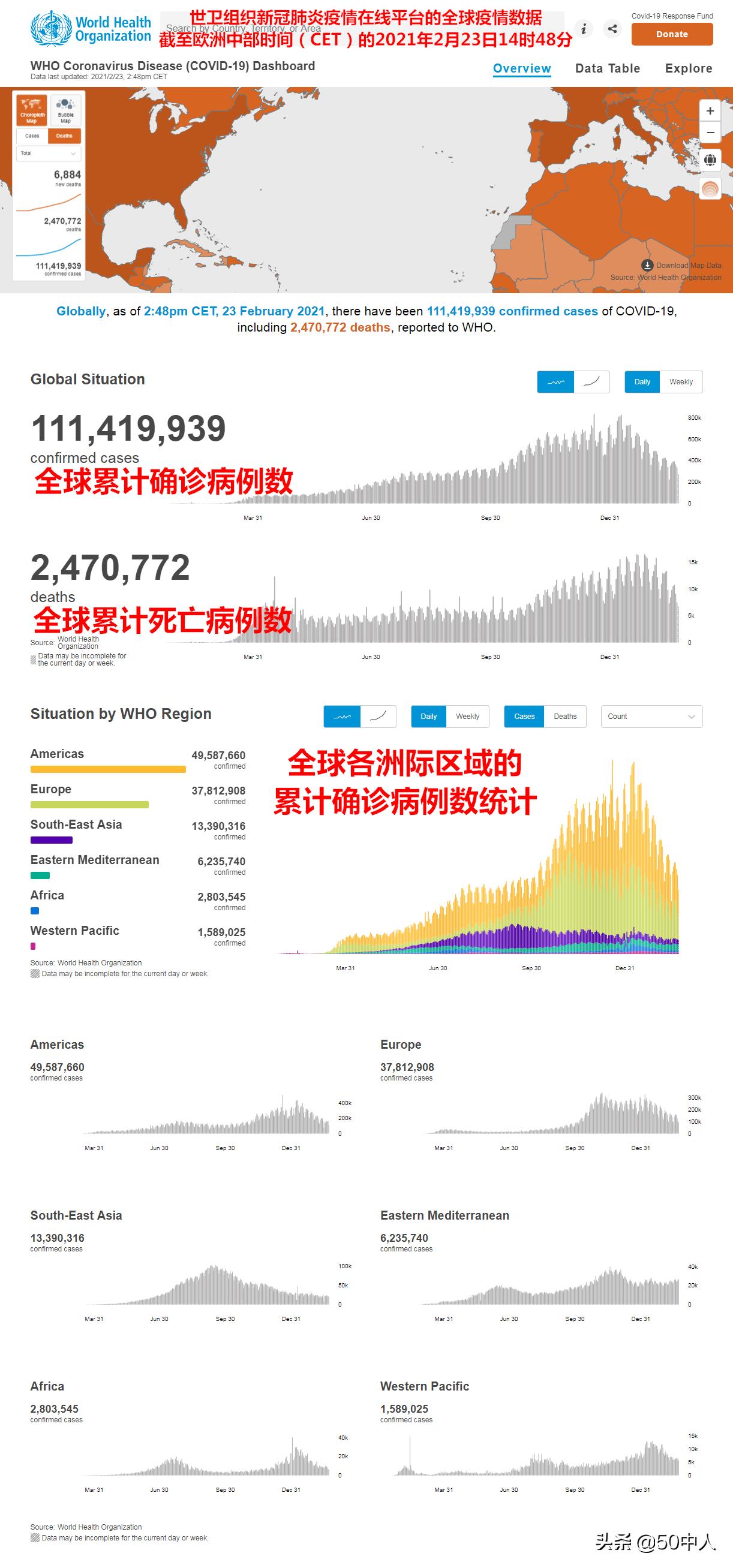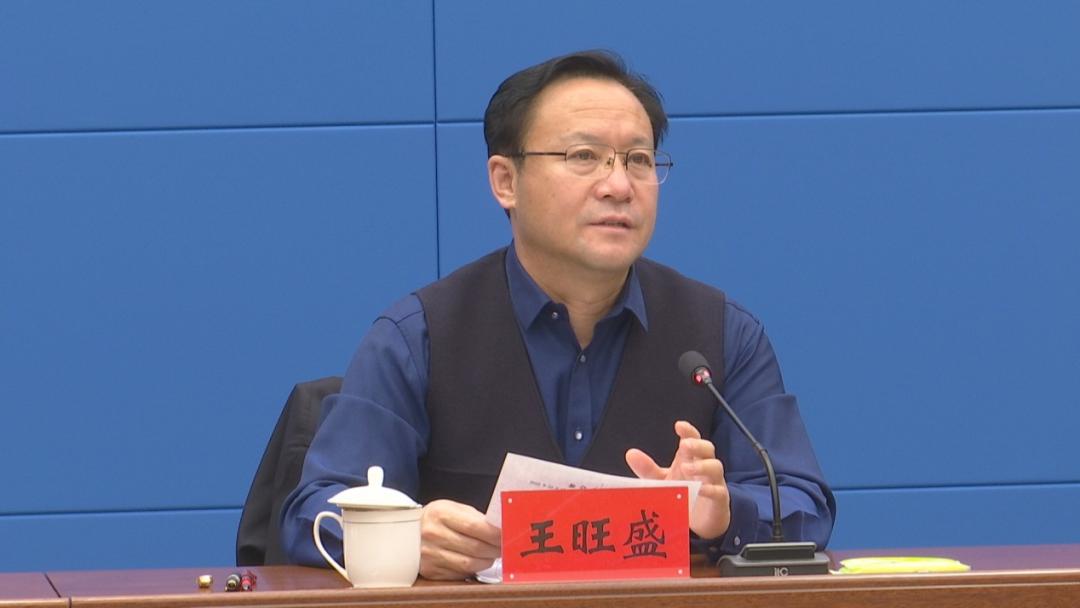自2019年底首次在武汉被发现以来,新型冠状病毒(COVID-19)迅速席卷全球,成为自西班牙流感以来最严重的全球公共卫生事件,这一疫情不仅对人类健康构成了前所未有的威胁,还深刻影响了全球经济、社会结构以及国际关系,本文将从中文和英文两个视角,对新冠肺炎疫情的最新报道进行综合分析,并探讨其长远影响。
中文报道视角
疫情概况与防控措施
自武汉首例病例被发现后,中国政府迅速采取行动,封城、大规模检测、隔离治疗以及建设“火神山”和“雷神山”医院等措施,有效控制了疫情的初期蔓延,随着春节期间的人口大规模流动,疫情迅速扩散至全国乃至世界各地,中国政府随后宣布了全国性的公共卫生紧急状态,并实施了严格的出入境管制和大规模的社区防控措施。
经济影响与社会反应
疫情对中国的经济造成了巨大冲击,尤其是服务业、旅游业和制造业,为应对经济下滑,中国政府推出了前所未有的财政刺激措施,包括大规模的信贷投放、减税降费以及支持中小企业等政策,社会各界也积极响应,通过线上办公、远程教育等方式减少疫情对日常生活的影响。
国际合作与援助
面对全球疫情,中国不仅有效控制了国内疫情,还积极向其他国家提供医疗物资援助和技术支持,中国政府通过世界卫生组织等国际机构,向150多个国家提供了口罩、防护服、检测试剂等医疗物资,展现了负责任大国的担当。
英文报道视角
Global Spread and Response
The COVID-19 pandemic, first detected in Wuhan, China, in late 2019, has rapidly become a global health emergency, with over 200 million confirmed cases and over 4 million deaths as of this writing. The virus's spread has been met with a diverse range of responses from countries around the world. While some countries have implemented strict lockdown measures similar to China's early approach, others have adopted more targeted or less stringent strategies.
Economic Impact and Recovery Efforts
The economic fallout from the pandemic has been severe, with many countries experiencing record-breaking unemployment rates and significant drops in GDP. Governments have responded with massive stimulus packages, including fiscal spending, interest rate cuts, and direct support for small businesses and individuals. The International Monetary Fund (IMF) and the World Bank have also provided financial assistance and policy advice to member countries. However, the recovery remains uneven, with some sectors and countries facing longer-term challenges.
Vaccine Development and Distribution
The race for a COVID-19 vaccine has been a key focus of global health efforts. Multiple vaccines have been developed and approved for emergency use, with China playing a prominent role in both research and production. However, the distribution of vaccines has been uneven, with many low-income countries facing significant barriers in accessing these life-saving tools. The World Health Organization (WHO) has called for global cooperation to ensure equitable access to vaccines.
International Cooperation and Diplomacy
The pandemic has highlighted the importance of international cooperation in addressing global challenges. While there have been instances of political blame-game and trade restrictions, most countries have recognized the need for joint efforts to combat the virus. The WHO has played a central role in coordinating the global response, while the United Nations (UN) has emphasized the need for a comprehensive approach that includes health, economic, and social dimensions.
深远影响与未来展望
Long-Term Health Effects
The COVID-19 pandemic has exposed weaknesses in global health systems, highlighting the need for improved infrastructure, preparedness, and investment in public health research. Long-term health effects, including post-COVID conditions and mental health issues, will continue to be a challenge for years to come. The pandemic has also accelerated the adoption of digital health solutions and telemedicine, which may reshape healthcare delivery in the future.
Economic Restructuring and Inclusion
转载请注明来自爬爬百科,本文标题:《全球视角下的新冠疫情,中英文报道解析与影响评估》












 京ICP备11000001号
京ICP备11000001号
发表评论